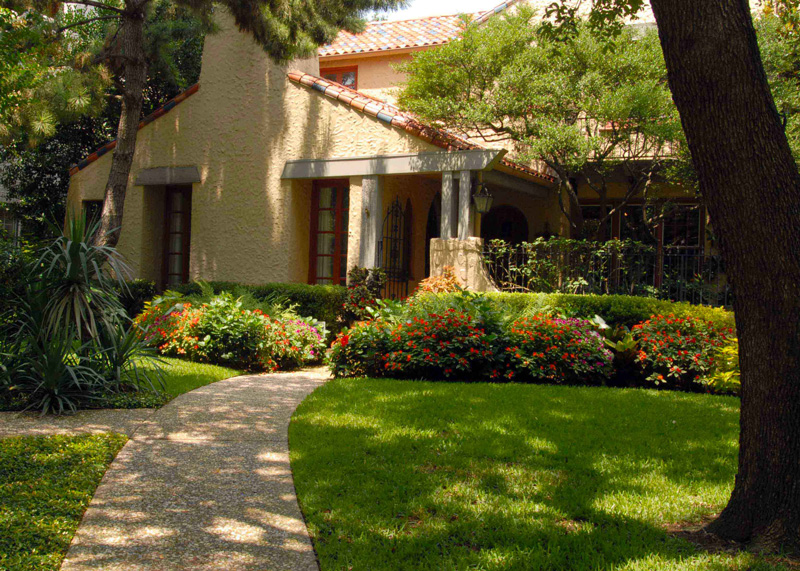Colorful Suggestions
A friend who was in charge of huge beds of color at a major public garden once showed me the plans for that color for the upcoming 52 weeks. She worked that far ahead!
• Each bed was marked off in sweeping curves and each section was given its own number and name.
• Square footage of each area was recorded for purposes of growing or buying the plants that would be needed.
• That allowed seeds and transplants to be ordered the prescribed number of weeks ahead of the proper planting dates. “Down” times were simply not allowed in her gardens.
• It was all drawn out on graph paper (now on computer pages) on a week-by-week basis. Colors of the beds could be marked in along the way.

On a more human scale…
That’s how the pros do it. You and I can scale that way back, but we still need to think ahead so that our landscaping color will all work together. Here are some random thoughts that crossed my mind as I sat down to write this all out. I hope they’ll be of help.
• Have a color scheme for your gardens. Think of the various parts of your landscape (front yard, side yards, back yard) as “rooms.” As with the inside of your home, they all need to tie together somewhat visually, but the farther they are apart the more they can vary in their color schemes.

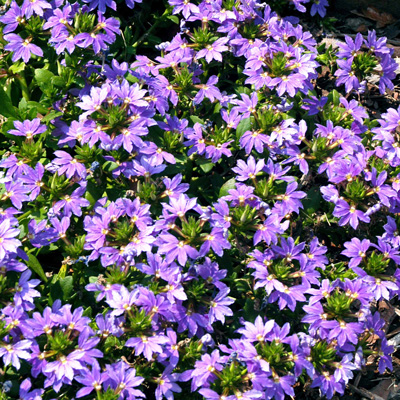
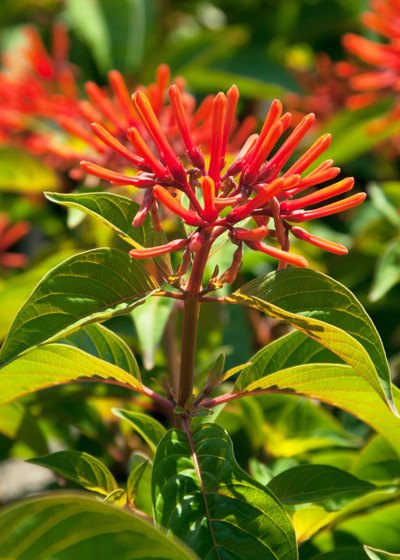

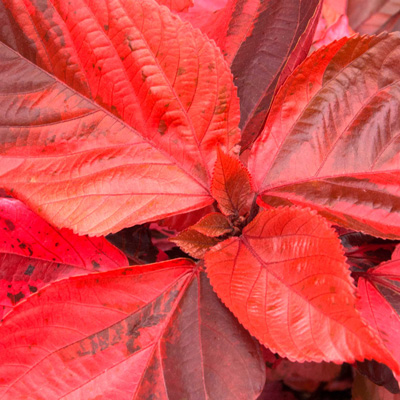
• Color schemes can change through the seasons. You may want bright spring colors in March, April and May, then cooling colors through the heat of the summer before you change over to the rich shades of fall.
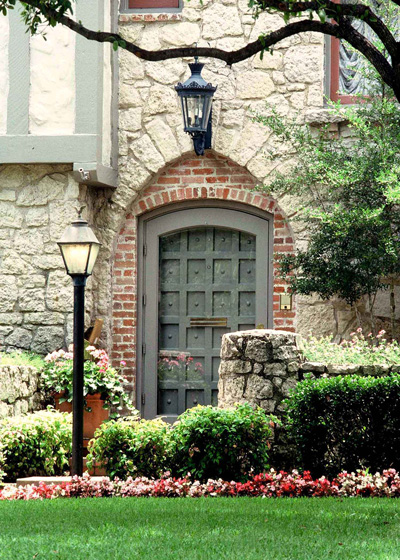
• Consider all of the parts of your landscape that will be visible in any room at one time. That includes the annual and perennial flowers, foliage and fruit, even bark and hardscaping elements like pavers, walls and roofing. The package needs to be comfortable together.
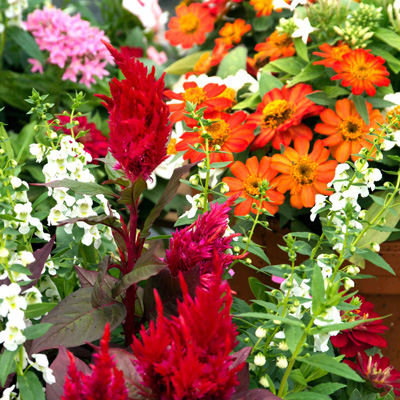
• Annual flowers tend to be colorful for several, even many months. Perennials, by comparison, usually bloom for two or three weeks, then shut up shop for another year. Only a few bloom for an extended period or come back to bloom a second or third time during the season.
• Spring-flowering plants and fall color from deciduous trees and shrubs are very nice, but they only last for a week or two. Consider them for your color designs, but don’t build your entire landscape around them.
• If you’re not a plant expert, let your Texas Certified Nursery Professional help you choose plants that are perfectly suited to the conditions you can provide for them. You’ll find these folks at member nurseries of the Texas Nursery and Landscape Association.
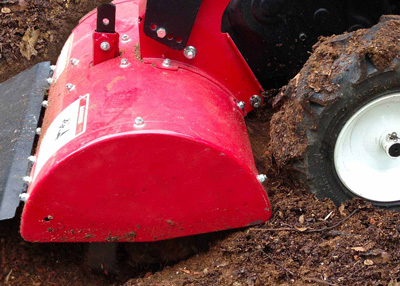
• Plant into well-prepared garden soils to which you have added generous amounts of organic matter. Rototill 4-6 inches of a combination of sphagnum peat moss, well-rotted compost, processed manure and pine bark mulch into the top foot of soil. When possible, rework the soil between plantings.
• Put large pots and patio planters to good use. Any plant becomes a hero when you elevate it. Use a high quality potting soil and choose the best plants that will provide a full season of color.

• Finally, put texture to work in your color beds, too. Sometimes it’s difficult to find flowering plants that will grow well in shade, but plants with dramatic foliage can add the same kinds of visual interest. Use a variety of coarse- and fine-textured plants for special drama.

